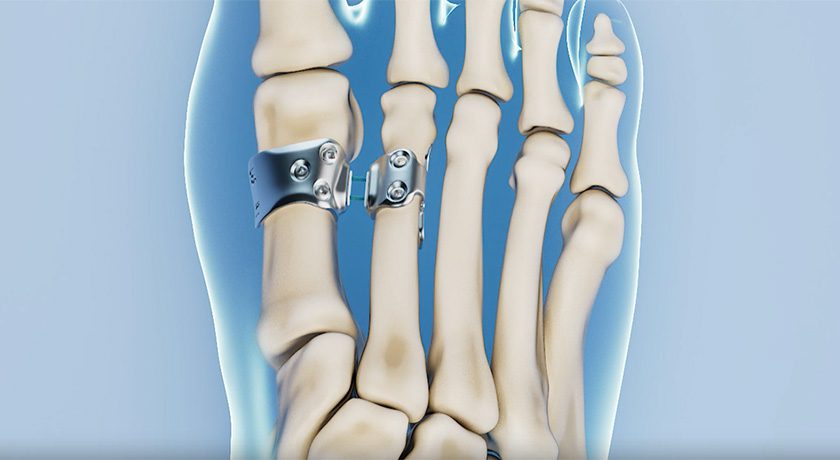
 Copy to clipboard
Copy to clipboard 
Osso VR, developer of a virtual reality surgical training and assessment platform, received $222,596 from the National Science Foundation. Funds will support research and development to advance the product with automation and artificial intelligence technology.
The Osso VR offering provides realistic, haptic-enhanced interactions in an immersive, repeatable training environment–an alternative to cadaver lab education. Individuals or teams wearing off-the-shelf gaming hardware, like Oculus, insert themselves into a virtual O.R. with all they need to perform a procedure. Users are scored after each training module based on mastery of steps, precision and efficiency.
Osso VR is currently focused on training for orthopedic and spine procedures, but will also expand to other specialties.
Justin Barad, M.D. and CEO of Osso VR, commented, “Having a validated, objective and scalable assessment tool is a critical component of surgical safety, as it is has been proven that a surgeon’s skill is directly correlated with patient outcomes. This grant indicates growing support for solving one of medicine’s greatest challenges that will safely provide patients with the highest value procedures and technologies available to them.”
Sources: Healthcare Dive, OssoVR.com; BONEZONE®
Osso VR, developer of a virtual reality surgical training and assessment platform, received $222,596 from the National Science Foundation. Funds will support research and development to advance the product with automation and artificial intelligence technology.
The Osso VR offering provides realistic, haptic-enhanced interactions in an...
Osso VR, developer of a virtual reality surgical training and assessment platform, received $222,596 from the National Science Foundation. Funds will support research and development to advance the product with automation and artificial intelligence technology.
The Osso VR offering provides realistic, haptic-enhanced interactions in an immersive, repeatable training environment–an alternative to cadaver lab education. Individuals or teams wearing off-the-shelf gaming hardware, like Oculus, insert themselves into a virtual O.R. with all they need to perform a procedure. Users are scored after each training module based on mastery of steps, precision and efficiency.
Osso VR is currently focused on training for orthopedic and spine procedures, but will also expand to other specialties.
Justin Barad, M.D. and CEO of Osso VR, commented, “Having a validated, objective and scalable assessment tool is a critical component of surgical safety, as it is has been proven that a surgeon’s skill is directly correlated with patient outcomes. This grant indicates growing support for solving one of medicine’s greatest challenges that will safely provide patients with the highest value procedures and technologies available to them.”
Sources: Healthcare Dive, OssoVR.com; BONEZONE®

You are out of free articles for this month
Subscribe as a Guest for $0 and unlock a total of 5 articles per month.
You are out of five articles for this month
Subscribe as an Executive Member for access to unlimited articles, THE ORTHOPAEDIC INDUSTRY ANNUAL REPORT and more.
JV
Julie Vetalice is ORTHOWORLD's Editorial Assistant. She has covered the orthopedic industry for over 20 years, having joined the company in 1999.







